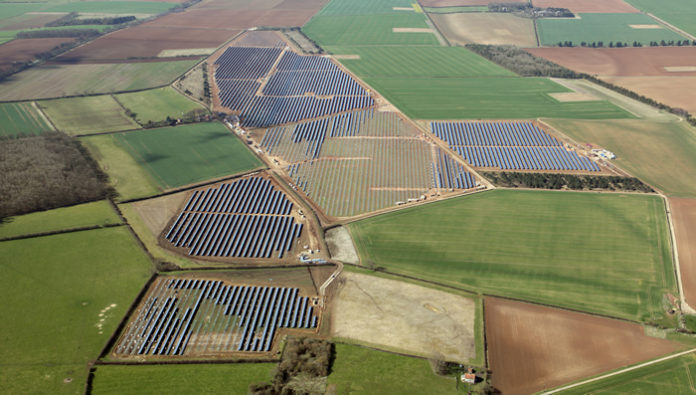Start the week with the latest in the geoengineering world. Here’s the GeoWire conversation for the week of August 3. WORK SMARTER.
BIG PROJECTS
The 6.5-mile-long rainwater drainage tunnel in Hong Kong began construction in 2007. The nearly $4 billion investment wasn’t designed with today’s climate channel modeling, though, and some are questioning its capacity. [CNN]
Mining giant Anglo American has ramped up work at its Yorkshire polyhalite mine. The mine has completed the main tunnel’s 7 of 37 km to connect the mine to the processing site. [New Civil Engineer]
More energy megaprojects in the news: British Columbia looks set to open them on multiple fronts in 2022 and is already generating billions with the activity. [Alaska Highways News]
ENVIRONMENTAL IMPACT
Lucy Magembe reports from Tanzania on restorative aquaculture practices [Nature Conservancy]
The world’s largest nuclear fusion project has started assembly in France. The goal is to produce clean fusion power at a commercial scale. [Guardian]
What does the EU’s plans for a carbon border–a tax on the carbon emissions value of products being produced–mean for manufacturers that seek to export to the EU? [Energy Transition]
ANNOUNCEMENT: Geosynthetica’s GeoTalk Podcast returns with new August episodes! Catch up on Spotify, in the iTunes store, and on our website.
FINANCE
Independent, renewable energy producer sPower has secured $700 million in construction financing for its 620 MW site in Virginia. Work is expected to be completed in mid-2021. [PV Tech]
The Top 10 Canadian mining companies with substantial assets in the United States. [Northern Miner]
The impact of the coronavirus on railway commuter habits in Japan is negatively impacting the debt rating of major operators. [Yahoo Finance]
GEOSYNTHETICS
Siamak Paulsen’s podcast checks in with Australia-based Warren Hornsey on independent geosynthetics testing and the need to keep learning. [Geosynthetica]
Solmax is sponsoring a GCL webinar series from the University of Virginia and renowned researcher Dr. Craig Benson [Geosynthetica]
TRI’s Dr. Julio Ferreira will deliver a live talk Monday, August 3 at 5:00 pm EDT (6:00 pm BRT) on YouTube. Topic: Testing for Slope Stability and Interface Friction (Ensaios para Análise de Taludes com Interface). The presentation will be in Portuguese. [YouTube]
RESOURCE: Keep up with the latest online learning opportunities here.

GOVERNMENT
NATO is calling for significant infrastructure investment in the Baltics. The requests include roads, bridges, ports, and more. [Baltic Times]
Many nations are looking to Germany for ideas on sustainable redevelopment as the world attempts to open economies. [Holland Sentinel]
TECHNOLOGY
Wow! SpaceX did it. The company successfully brought back NASA astronauts and the launch capsule after a two-month mission at the International Space Station. [Wired]
The gadgets and technology that may help more of us return safely to offices. [CNBC]
WORK LIFE
Google has extended work from home through at least July 2021. [CNN]
Siemens has been praised for its clear focus on “outcomes over hours” with its substantial move to work from home [Inc.]
This is the August 3, 2020 GeoWire from Geosynthetica. GeoWire is published on Mondays with thought-leading links to help infrastructure professionals work smarter. News and ideas to share? Contact us.
Recent GeoWire Editions
July 27, 2020
July 20, 2020
July 13, 2020
July 6, 2020












